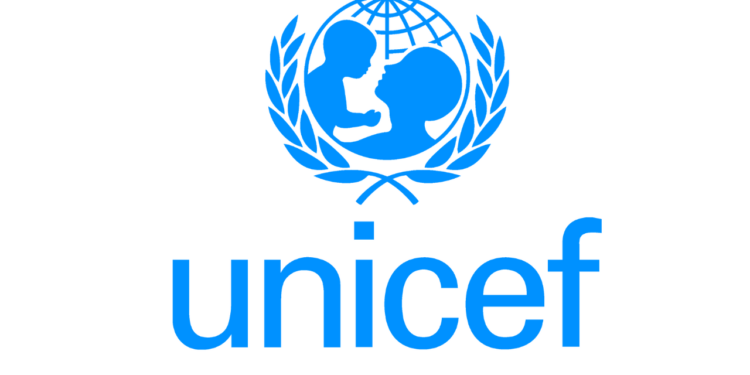UNICEF, in partnership with Nnamdi Azikiwe University, Awka, in Anambra State, is excited to announce the official launch of the Institute of Social Policy. This innovative initiative seeks to enhance research, generate evidence, formulate policies, and develop human capacity among individuals and government institutions across federal, state, and local levels in Nigeria.
With technical and financial support from UNICEF, the Social Policy Programme has been collaboratively developed to address significant knowledge and capacity gaps identified through a strategic partnership established in 2018. The initiative aligns with UNICEF’s commitment to strengthening government frameworks and empowering stakeholders to promote child rights and sustainable development.
The Institute of Social Policy is excited to announce the availability of postgraduate degrees, including a Post Graduate Diploma (PGD), Master’s in Social Policy (MSP), Master of Science (MSc), and Doctor of Philosophy (PhD) in Social Policy.
Also, it will offer short courses tailored to meet the specific needs of organisations, focusing on essentials such as poverty measurement & analysis, public financial management, social protection & investment, and social policy design, analysis & evaluation.
At the launch event, Cristian Munduate, the UNICEF Nigeria Representative, stated, “This initiative marks a critical step towards building a robust group of professionals who will drive evidence-based policy planning and implementation in Nigeria. Through our partnership with academic institutions, we are establishing a foundation for sustainable social development that emphasises the rights of children and women,” Munduate said.
The acting vice-chancellor of Nnamdi Azikiwe University, Professor Joseph Ikechebelu, expressed his enthusiasm, saying, “The establishment of the Institute of Social Policy signifies a new chapter in our commitment to research and capacity building in social policy. This partnership with UNICEF will enable us to equip and empower future leaders by providing them with essential skills and knowledge to address intricate social issues, thereby contributing to sustainable development in Nigeria.”
The establishment of the Institute on May 8, 2024, highlights UNICEF’s commitment to building local capacity and fostering academic collaborations to advance child-sensitive, sustainable initiatives aligned with the Sustainable Development Goals (SDG).



